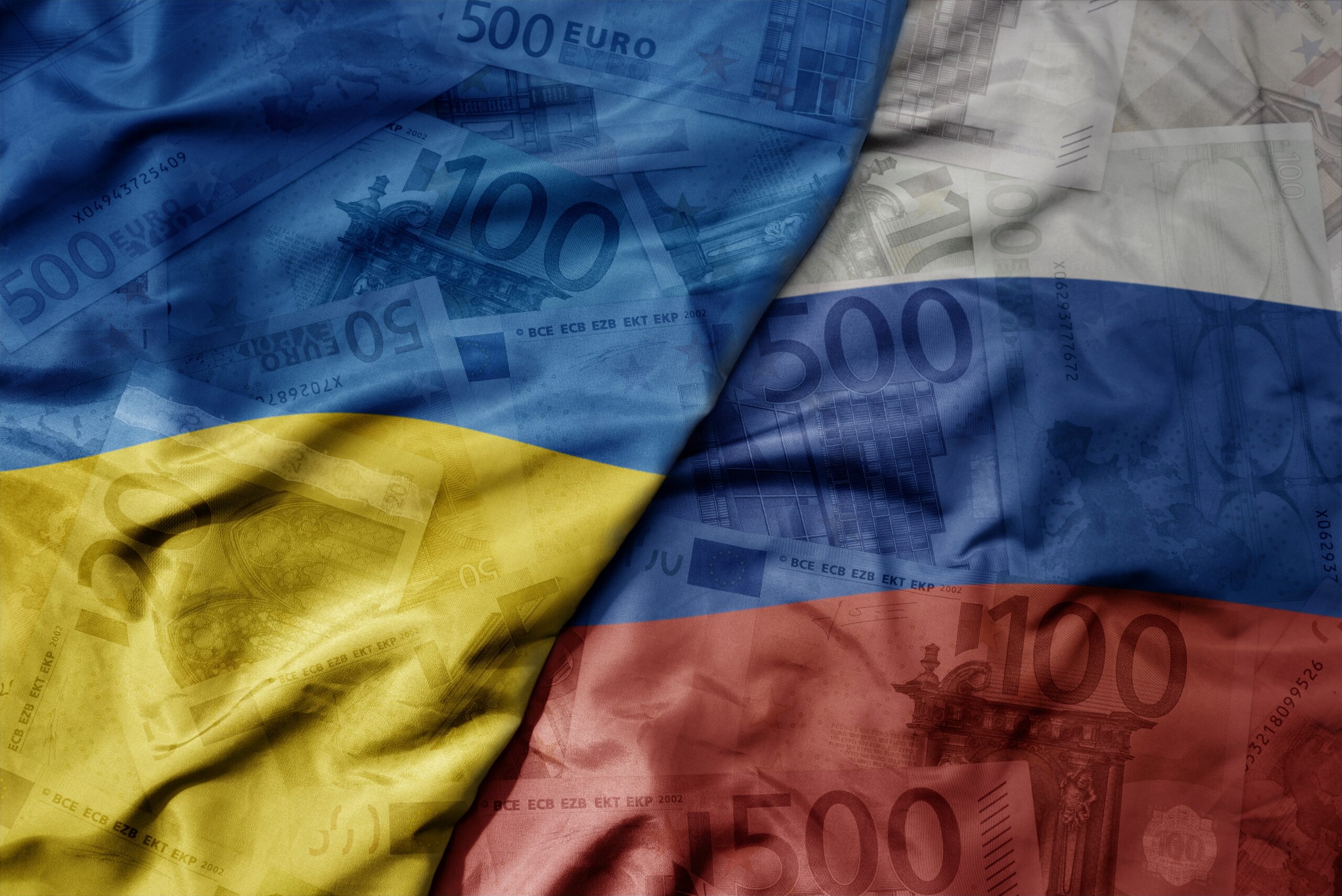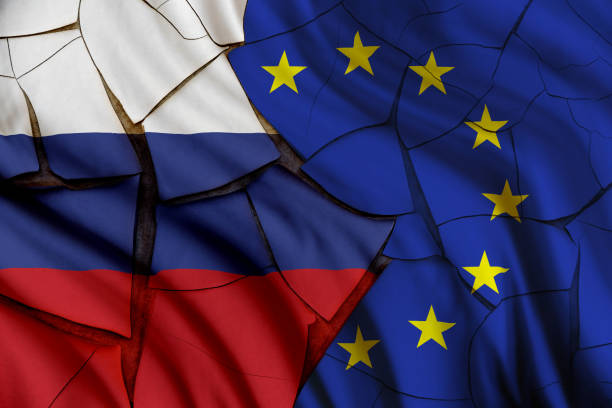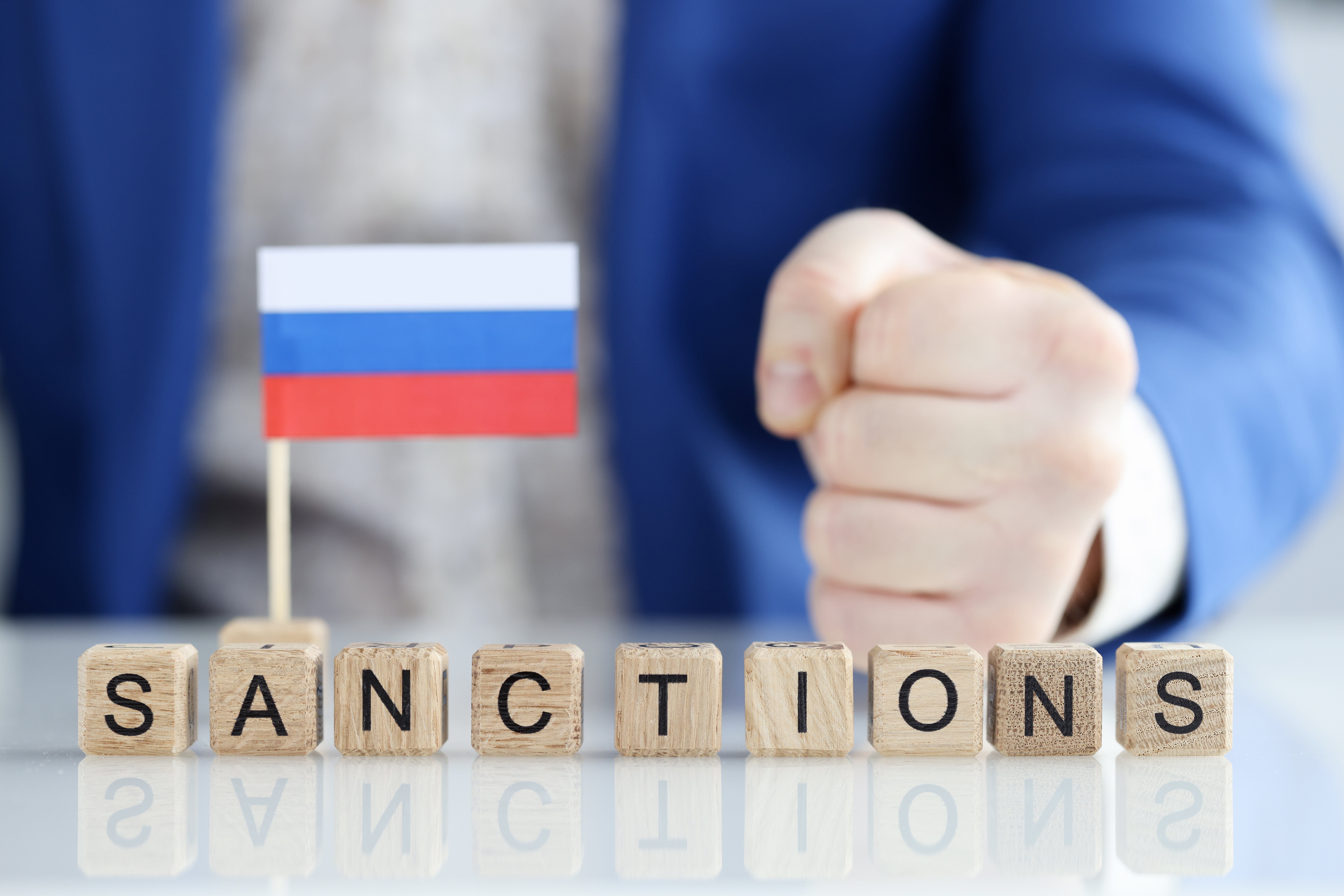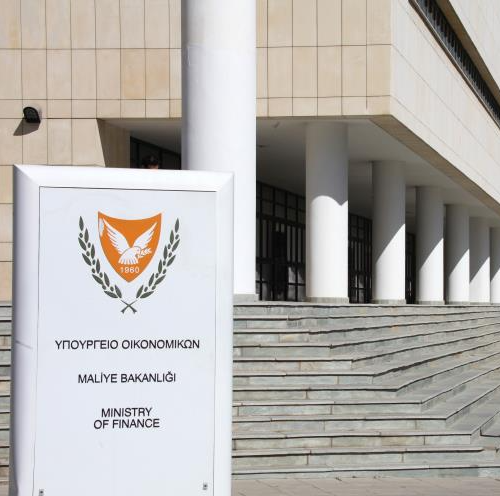On 23rd October 2025, the European Union adopted its 19th package of sanctions against Russia, introducing further economic and individual restrictive measures in response to Moscow’s escalating war of aggression against Ukraine.
The 19th package targets key sectors such as energy, finance, trade, technology, and defence, and also strengthens controls over the movement of Russian diplomats. It also reinforces measures against those responsible for the abduction of Ukrainian children and expands sanctions on Belarus, reflecting the country’s ongoing support for Russia’s war efforts.
Energy Measures and the LNG Import Ban
A central feature of the 19th package is a ban on imports of Russian liquefied natural gas (LNG) into the EU, to be implemented by January 2027 for long-term contracts and within six months for short-term contracts. The EU also tightened transaction bans on Rosneft and Gazprom Neft, and listed a major Tatarstani conglomerate involved in the Russian oil sector.
To curtail third-country support for Russia’s energy revenues, the EU has sanctioned Chinese refineries and oil traders purchasing significant volumes of Russian crude. Measures were also extended to the shadow fleet that enables Russia’s oil exports.
The new listings include Litasco Middle East DMCC, a Lukoil subsidiary based in the UAE, along with maritime registries providing false flags to vessels evading sanctions. The EU also targeted Russia’s largest Far Eastern port operator and a leading shipbuilder supporting Sovcomflot.
An additional 117 vessels are now banned from EU ports and services, and the EU has introduced a ban on reinsuring shadow fleet vessels to further disrupt their operations.
Financial Restrictions and Crypto Controls
In response to Russia’s growing use of crypto assets to bypass sanctions, the EU has sanctioned the developer and issuer of the Russian state-backed stablecoin “A7A5”, as well as the platform trading it. Transactions involving this stablecoin are now prohibited across the EU.
The Council also imposed transaction bans on eight banks and oil traders from Tajikistan, Kyrgyzstan, the UAE, and Hong Kong, as well as five Russian banks, namely Istina, Zemsky Bank, Absolut Bank, MTS Bank, and Alfa-Bank. Similar restrictions now apply to four banks from Belarus and Kazakhstan linked to Russian financial systems, namely CJSC Alfa-Bank (Belarus), OJSC Sber Bank (Belarus), VTB Bank (Belarus) and VTB Bank (Kazakhstan).
EU operators are further prohibited from engaging with Russia’s “Mir” payment system and the Fast Payments System (SBP). In addition, the EU imposed new limits on economic relationships with entities in nine Russian special economic zones, which are key to Russia’s industrial and technological base.
Restrictions on Russian Diplomats
To counter intelligence and destabilisation activities, the EU is tightening oversight of Russian diplomatic movements. Diplomats traveling within the Schengen area beyond their host country must now notify member states in advance. Member states may also require specific authorisation for such travel based on visas or residence permits issued by other EU countries.
Accountability for the Deportation of Ukrainian Children
The EU continues to hold accountable those responsible for the abduction and forced transfer of Ukrainian children. Since 2022, Ukrainian authorities estimate that nearly 20,000 children have been deported to Russia or occupied territories, often facing forced adoption and indoctrination.
In this package, 11 additional individuals have been sanctioned for their role in these crimes, and a new listing criterion has been introduced to streamline future sanctions targeting those involved in the forced assimilation and militarised education of minors.
Military and Defence-Related Sanctions
The EU has imposed new measures against Russian businesspersons and entities tied to the military-industrial complex, as well as operators in the UAE and China that supply military or dual-use goods to Russia. The listings also include a senior North Korean military commander deployed in Russia and an individual responsible for the abuse of Ukrainian prisoners of war.
Trade and Technology Restrictions
The Council designated 45 new entities supporting Russia’s military and industrial base, including 17 from third countries, notably 12 in China (including Hong Kong), three in India, and two in Thailand.
The new restrictions extend export bans to include electronic components, rangefinders, propellant chemicals, metals, oxides, and alloys used in weapons production. Items such as rubber products, tubes, tyres, millstones, and construction materials now also fall under stricter export controls.
The EU further banned the import and transfer of acyclic hydrocarbons, a key Russian revenue source, and sanctioned Russia’s largest gold producer, cutting off another channel of income for Russia.
Services and Technology Controls
The 19th package introduces a mandatory prior authorisation for all services provided to the Russian government and restricts AI, high-performance computing, and space-based commercial services to Russian entities.
European operators are also prohibited from providing services related to tourism in Russia, as part of efforts to reduce economic engagement with the Russian market.
Belarus Measures
The EU has added five new listings targeting Belarus’s military-industrial complex and Lukashenka regime, while further aligning its trade and crypto-related restrictions with those imposed on Russia. These measures extend to bans on providing software and services linked to banking, finance, AI, technical testing, and quantum computing.
In conclusion, the 19th sanctions package underscores the EU’s ongoing determination to dismantle the economic and military networks sustaining Russia’s war, whilst also closing avenues for evasion through third countries.
MK Compliance Limited can provide daily/weekly/monthly updates on sanctions, and AML regulatory developments. These updates ensure that you are kept informed about the latest regulatory changes, therefore ensuring comprehensive compliance.
In addition, we provide sanctions-related consulting services, including legal opinions, transaction reviews, screenings and background checks on your clients and related individuals/entities/counterparties, to ensure your business operations remain fully compliant with all applicable sanctions, mitigating the risk of breaches.
The content of this article is valid as at the date of its first publication. It is intended to provide a general guide to the subject matter and does not constitute legal advice. We recommend that you seek professional advice on your specific matter before acting on any information provided.
For further information or advice, please contact info@compliancemk.com.




